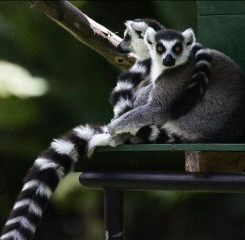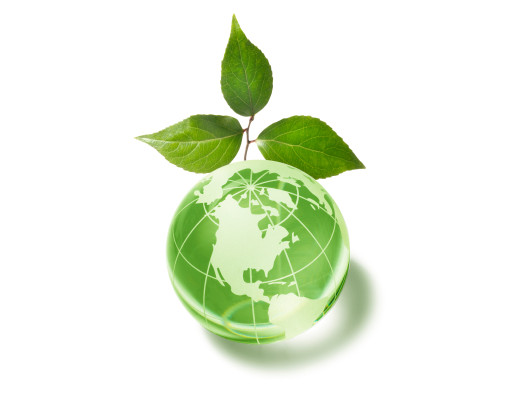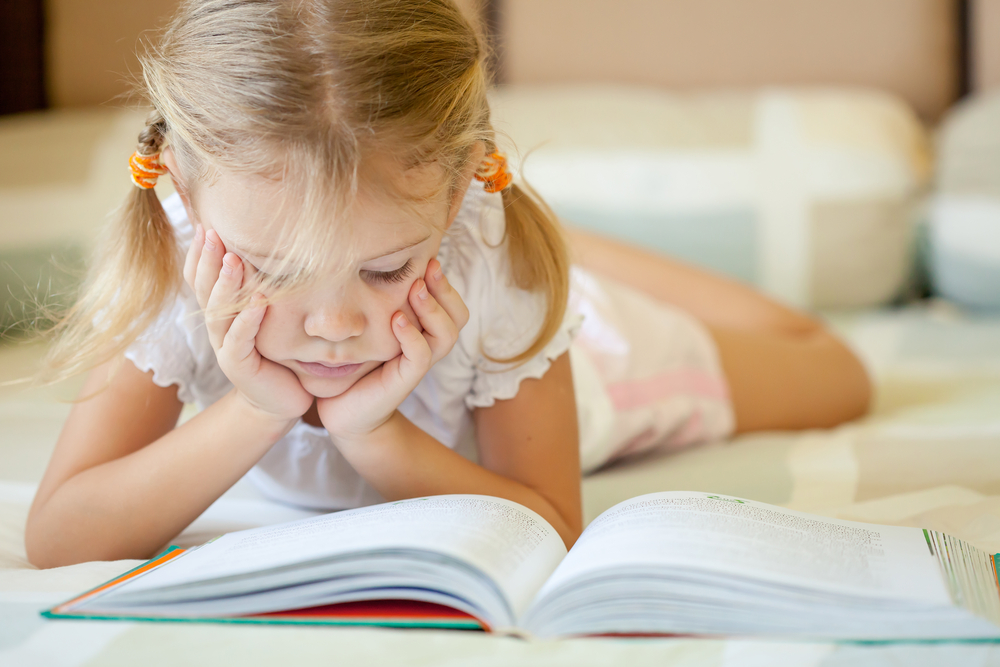Teaching young children about ecology and the environment will teach them lessons they will take through the rest of their life because we are all connected.
Teaching young children about ecology and the environment will teach them lessons they will take through the rest of their life. If children learn to respect and care for the world they live in and the wildlife within it from a young age they will help to preserve it for the next generation. They will become advocates for protecting nature.
The earth’s natural assets are made up of plants, animals, land, water, the atmosphere AND humans! TOGETHER we all form part of the planet’s ecosystems1– together is perhaps the most important word here. Everything we do as humans affects the world we live in – we do not have limitless resources – we have the power to destroy or create – we need to teach children to create, care for and respect our world.
For children to grow up and become caring members of society they need to explore the world of nature around them, so they form emotional attachments. They will learn by example, so your care for the environment, your attitudes and behaviour will help to shape how they react.

It would be easy to start by looking at how many creatures are disappearing from our planet – the Madagascan Lemur, one of the most cuddly, cute, furry, big-eyed creatures in the world may disappear in 20 years.2
I think it is better to start from a conservation viewpoint – look at the positives that can be achieved, rather than the negative. It will teach your child about positive actions and how what they do affects the world they live in, not just themselves – because we are all connected.
How children can learn about the environment
Involve them in the world outside
As the old Chinese proverb says:
“Tell me and I will forget
Show me and I will remember
Involve me and I will understand
Step back and I will act”
One of the best ways for children to learn about the environment is to experience it. Wherever you live, take your child outside into nature, whether it is in a local park or the wild outdoors they can learn so much about nature from seeing it and being part of it.
Try to find out some information about where you are going – the types of animal found there or the types of trees and plants – and let your child try to find them and learn about them.
 At the recent Friendship Games organised by NDF the children learnt about Kapaonik mountain and its national park. It is one of Serbia’s most important biodiversity hotspots for rare plants and flowers such as the Kopaonik violet and the Serbian flax. It is also home to many rare animals including the Golden Eagle, Peregrine Falcon, Common Crossbill and wildcat. It boasts dense forests of spruce and fir and around 200 sunny days a year, with snow falling between November and May.3
At the recent Friendship Games organised by NDF the children learnt about Kapaonik mountain and its national park. It is one of Serbia’s most important biodiversity hotspots for rare plants and flowers such as the Kopaonik violet and the Serbian flax. It is also home to many rare animals including the Golden Eagle, Peregrine Falcon, Common Crossbill and wildcat. It boasts dense forests of spruce and fir and around 200 sunny days a year, with snow falling between November and May.3
Don’t just look at one-off trips. Learning about nature should be a regular occurrence – learning about a new tree or plant each week when you visit a park, for instance, or what you pass each day on your way to school. Or maybe trying to find a new insect or creature at the beach if you live near one. Sometimes a magnifying glass is helpful here too!
Create a wildlife area
If you are lucky enough to have a garden, set aside part of it as a wildlife area – you can plant wild flowers and plants to attract butterflies and bees, or create a winter shelter for insects.
If you have a balcony you can attract birds with a bird feeder – if you provide food, water and some shelter it may surprise you how many ‘visitors’ you attract.
Sponsor an animal
This could be a gift to a child for a birthday or Christmas. It doesn’t have to cost much – you can spend just £1 or $1 a month and the child will then receive a magazine or letter updates throughout the year and learn how they are helping the animal. This could be a wild animal or an animal in a sanctuary such as a donkey, or an abandoned cat or dog.4
Play games and read books that teach about wildlife and the environment
There are many games you can play with your child and games on the internet, mobile phones and tablets. 5
There are many books about wildlife for children, so a list of current bestsellers is shown in the references. 6
If you are good at crating hand puppets you might like to try this.
Encourage your child to write about their favourite animal or plant
Find out which animals or plants your child is interested in and then ask them to write about what the world would look like if they were that animal. To do this they will need to find out more about the animal, where it lives, what it eats, how long it lives, what are its predators. It will help the child see the world from a different perspective.
You may be surprised by their choice. The son of a friend of mine recently wrote about ‘a day in the life of a spider’.
Join a conservation group
There are many conservation groups that need volunteers – from clearing areas in woodlands to cleaning streams. Try to find one near you which is suitable for your child.
We are all connected
To end this blog I have included another of my favourite ‘we are connected’ short videos – I hope you like it too. We must show our children how to reduce their environmental impact and create a more sustainable future for their children.
References
1 WWF Biodiversity http://wwf.panda.org/about_our_earth/biodiversity/biodiversity_and_you/
2 Madagascan lemurs face extinction in 20 years http://news.yahoo.com/clock-ticks-madagascars-lemurs-040716244.html
3 Kopaonik in Serbia http://www.serbia.travel/destinations/mountain-resorts/kopaonik/
4 WWF Sponsor an animal – http://www.wwf.org.uk/adoption/sponsor-an-animal/
Dogs trust – sponsor a dog http://www.dogstrust.org.uk/sponsor/default.aspx#.Um9T2_m-2M4
5 Some places to find games about ecology and wildlife
WWF games – http://wwf.panda.org/how_you_can_help/games/
Eekoworld http://pbskids.org/eekoworld/
Kids Planet http://www.kidsplanet.org/
Canada – Ecokids http://www.ecokids.ca/pub/games_activities/
Links to many environmental games – Ecogamer – http://ecogamer.org/environmental-games
6 Amazon bestselling children’s environment books http://www.amazon.com/Best-Sellers-Books-Childrens-Environment/zgbs/books/3263












